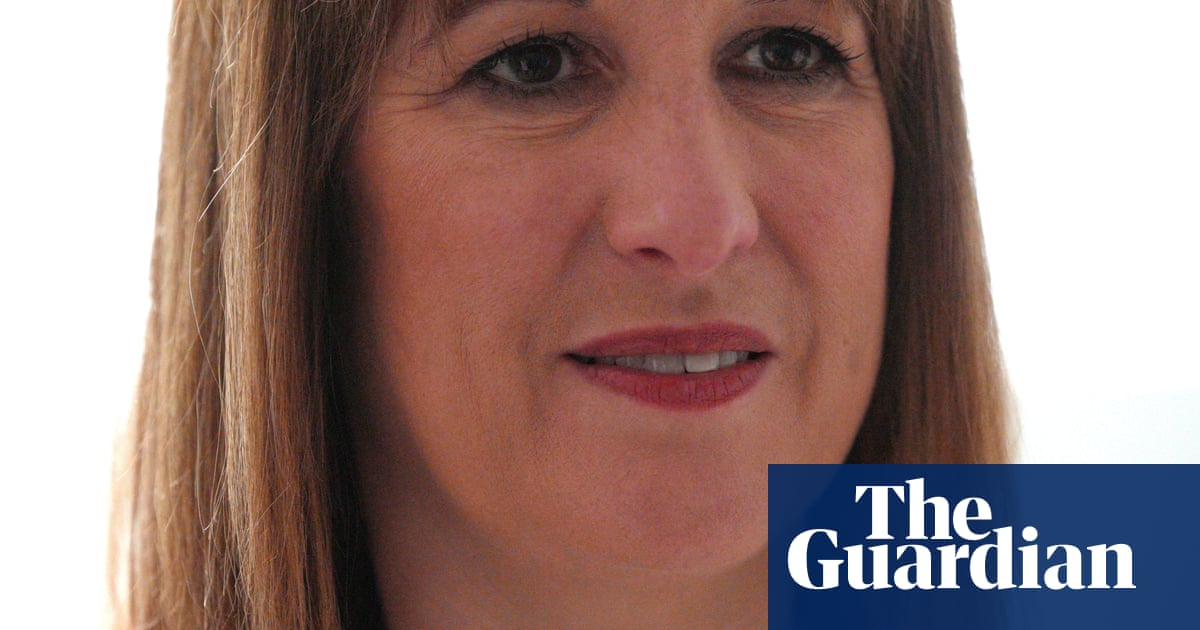Experts have questioned whetherRachel Reeveswill be able to meet the spending promises she made on Wednesday, given how many of them require a sudden and unprecedented drop in the asylum backlog.
The chancellor said on Wednesday she would save £1bn by drastically reducing the number of asylum seekers waiting for a decision on their claims and ending the use of hotels to house them.
The policy is aimed both at winning over Reform voters, many of whom list the use of asylum hotels as a major concern, and at freeing up cash for other priorities such as affordable housing. But economists and aid experts warned that the savings would be difficult to achieve.
Jonathan Thomas, a senior fellow at the Social Market Foundation thinktank, said: “The political priority is to ‘end the costly use of asylum hotels in this parliament’, not by housing asylum claimants elsewhere, but by ‘clearing the asylum backlog, increasing appeals capacity and continuing to return those with no right to be here’.
“All of these things are really hard to do and – assuming the investment in the Border Security Command is not sufficient to stop people arriving irregularly in the UK – hostage to fortune; of who, and how many, continue to arrive in the UK to claim asylum.”
Gideon Rabinowitz, director of policy and advocacy at Bond, which represents aid organisations, said there was “a lack of urgency within government to reduce these costs”.
Labour promised before the election to end the use of hotels for asylum seekers, with a senior Home Office officialconfirming earlier this yearthe ambition would be to achieve this by the end of the parliament.
On Wednesday however, Reeves put the expected savings from this policy into the government’s budgets, meaning ministers now have to achieve them to be able to spend what they want to elsewhere. Her aides added that the reductions in the asylum backlog would enable the housing department to spend less on housing people in temporary accommodation – cash which will be used instead to pay for the £4bn a year affordable homes scheme.
So far however, the Home Office has had little success in reducing hotel costs.
Much of the department’s hotel spending for asylum seekers qualifies as international aid. Butdocuments released last week showit plans to spend £2.2bn on aid this year – only slightly below the £2.3bn it spent last year.
Ministers say their plans over the next few years will enable them to rapidly reduce reliance on asylum hotels.
The Home Office is planning, for example, to move more people into empty “medium-sized” accommodation, with officials examining proposals from nearly 200 councils seeking to recondition disused tower blocks and student accommodation.
Angela Eagle, the immigration minister, told MPs on Tuesday that the government had received 198 applications to convert unused housing which also includes former teaching colleges.
Appearing before the home affairs select committee, the minister said the government was discussing proposals with local authorities to investigate “medium-sized” accommodation options.
These could replace the current use of hotels but operate on a smaller and more localised scale than disused military bases as suggested by the last government.
“The idea with medium-sized is things like old voided tower blocks or old teacher training colleges or old student accommodation that isn’t being used where you could have numbers of rooms that are more than you would get with dispersed accommodation,” she said. “The idea is you would move from hotels into that kind of thing rather than old military bases or Pontins holiday parks.”
Karen Bradley, the Conservative chair of the committee, said on Wednesday however: “If hotels disappear there will still need to be stock of short-term accommodation to deal with unpredictable levels of irregular migration. Targets on their own are not enough, they need to be delivered – and for that we need to have workable solutions.”
“Unless these savings are made there will be a knock-on effect on the ability of the Home Office to achieve its wider aims. Policing, immigration and counter-terror will all struggle to meet the ambitious targets the government has set itself.”
